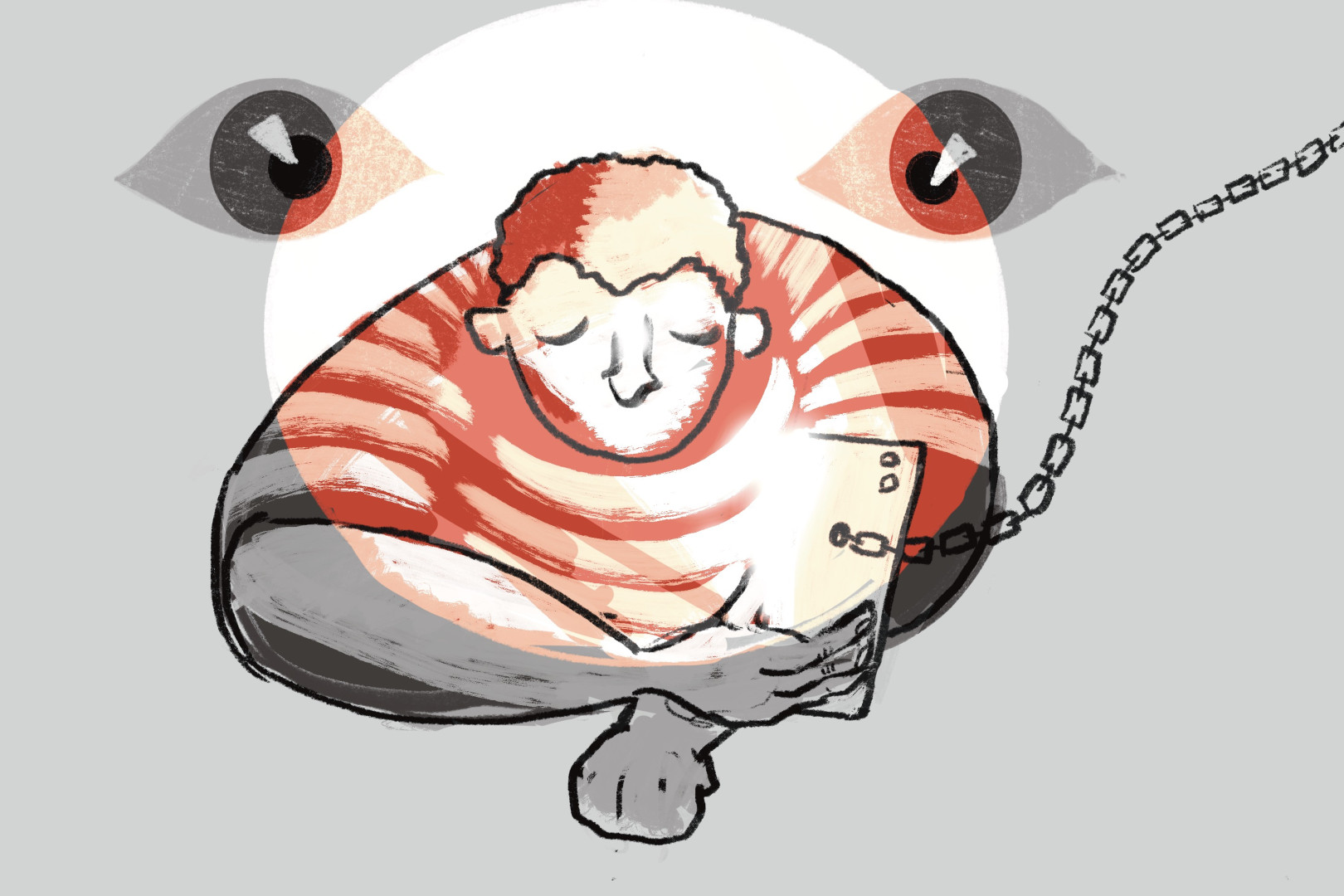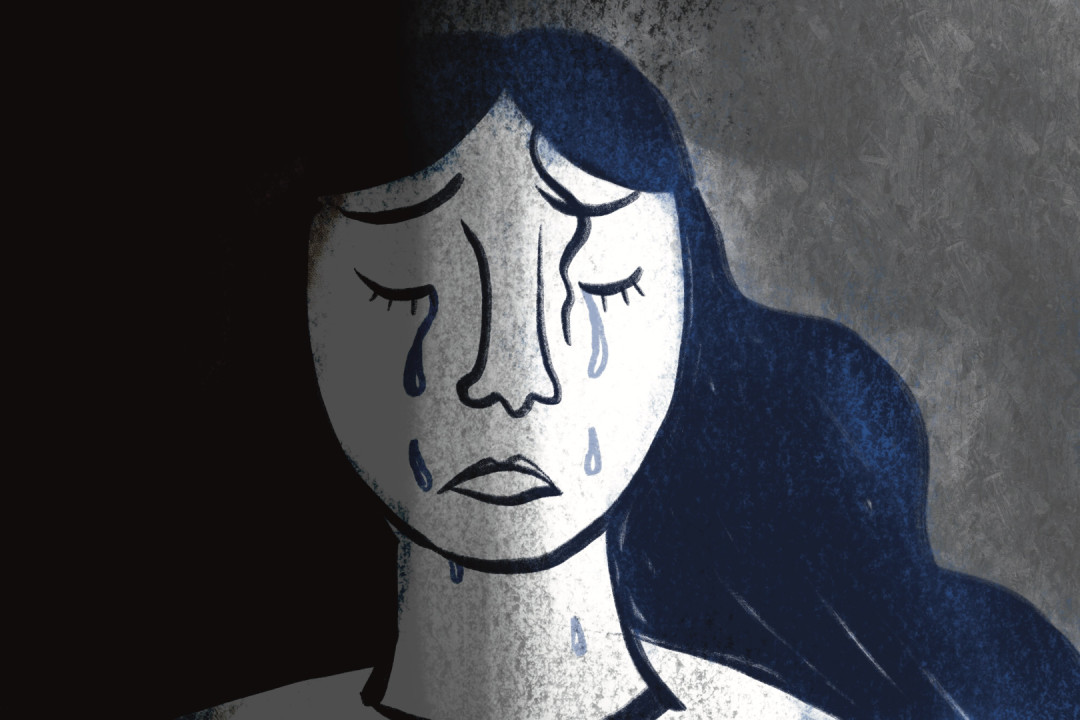
Digital Threat in the Middle East is a Real Concern
By: Hozan QaramanThe gathering of citizens’ information by governments and other groups has become a controversial issue, particularly in the Middle East. The use of technologies by the ME states is still contentious as some states use it to gain information from their citizens instead of using it as a tool to fight against terror and crime. An article by James Lynch, a visiting fellow at the European Council on Foreign Relations, was recently published on the ECFR website and gives instances of digital repression in the Middle East and North Africa. It indicates how governments in the ME treat their people’s data, and how the people are punished and restricted by them. Plus, presenting some ME states as owners of cyber-security firms caused a real threat.
As governments have spent a fortune to be fully equipped with the latest technology developments, ME citizens are faced with an unfair challenge in protecting themselves. The UAE and Saudi Arabia are instances of digital superpowers in the ME since they worked tirelessly and paid millions in collaboration with China and Israel to accomplish their digital goals. Hence, activists and citizens doubt their administrations and put their efforts to defend themselves against digital threats, but as I previously mentioned the fight is unbalanced.
However, the ME states invested a huge amount of money to reach an advanced level in technology and they have been using it to attain their political purposes by some means. To illustrate, political parties in the ME have been using social media to introduce their propaganda prior to elections, and it has been successfully effective on their supporters. Social media platforms were one of the main drivers for the wave of protests in the Arab Uprisings, as people were influenced online to come on the streets and ask for freedom and reform. After the wave of protests, administrations announced new online censorship policies, on this occasion, former Iranian President Hassan Rouhani ordered to prevent his people from using SM platforms for a while after they realized those platforms, specifically Telegram, were key players in the 2018 protests. Also, they limited independent journalists from covering the protests to the world outside. Besides, putting activists, journalists, and critical thinkers in jail, due to expressing their own views has always been understood in the ME. According to Committee to Protect Journalists (CPJ), 89 journalists were arrested in the ME and North Africa in 2020. This is the recorded figure despite other unknown cases! States like the UAE and Israel have founded cyber-security firms and have been developing their abilities in the field for years so that they can break into systems for whatever reasons, their companies such as DarkMatter and NSO group are suspected of cyber threats.
Recent crises, like the pandemic and the economic crisis, have driven attackers with targets increasing to this day as a consequence of such crises. Phishing is one of the oldest ways to steal data online. Kaspersky, a Russian cyber-security company, stated that between April and June of 2020, 2.57 million Phishing attacks were recorded in the Middle East. Cyber-attacks increased by 17% during the early months of 2021 with numerous fields attacked including government institutions, financial services, and healthcare.
Since digital threats are truly noteworthy in the ME, I believe that tackling them requires further serious steps and research. Additionally, understanding the digital threat in the region is a must. In general, individuals have the right to have their data safeguarded. For that reason, ME governments should come together and fight consistently to shield their people against digital threats by strengthening regulations and making beneficial decisions, plus not trying to restrict their people in the first place.





